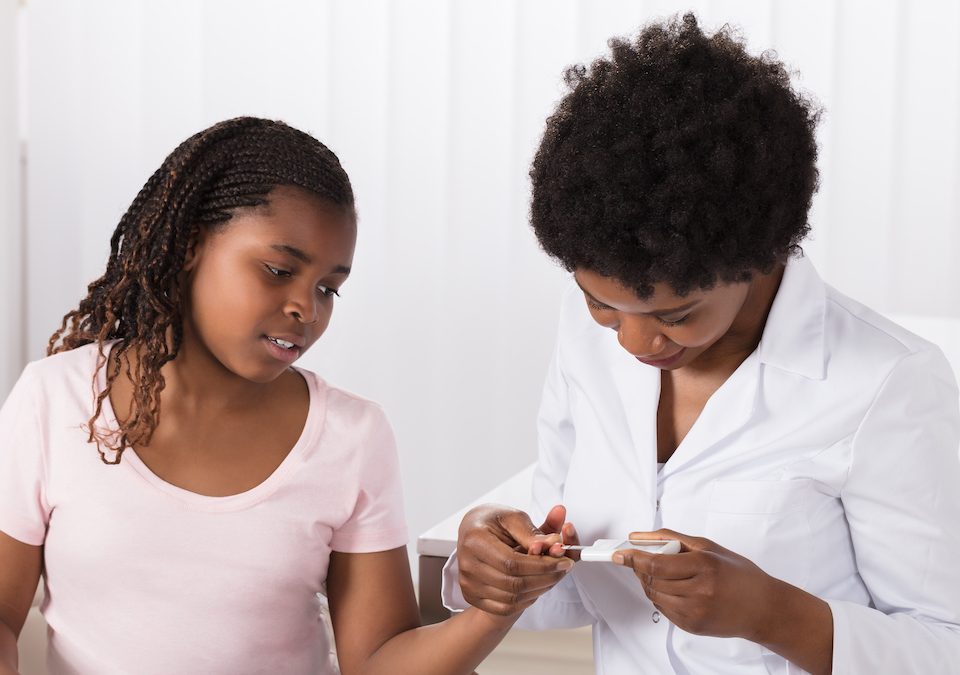
Cancers That Can Be Transmitted Through Sexual Intercourse
26 June 2024
Sudden Infant Death Syndrome (SIDS): A Comprehensive Overview
26 June 2024"Kissing disease" is the colloquial term for infectious mononucleosis (mono), a viral infection caused primarily by the Epstein-Barr virus (EBV). The nickname arises because the virus is commonly spread through saliva, often via kissing, but it can also be transmitted through other forms of close contact, such as sharing drinks or utensils. This overview delves into the causes, symptoms, diagnosis, treatment, and prevention of infectious mononucleosis.

"Good hygiene practices, such as not sharing personal items and avoiding close contact with infected individuals, are key to preventing the spread of the kissing disease." — Dr. Emily Johnson
Causes and Transmission
1. Epstein-Barr Virus (EBV) Abnormalities in the placenta’s development and function can lead to PIH. The placenta may release substances that affect blood vessel function, leading to increased blood pressure.
- Primary Cause: The Epstein-Barr virus, a member of the herpesvirus family, is the primary cause of infectious mononucleosis. Most people are exposed to EBV at some point in their lives.
- Transmission: EBV is transmitted through saliva, which is why activities like kissing, sharing drinks, or using the same eating utensils can spread the virus. Less commonly, it can be transmitted through blood and semen during sexual contact, blood transfusions, and organ transplants.
2. Other Causes A family history of PIH or preeclampsia can increase the risk of developing the condition.
- While EBV is the main cause, other viruses such as cytomegalovirus (CMV) can also cause a mononucleosis-like syndrome, though this is less common.
Symptoms of Kissing Disease
Symptoms of infectious mononucleosis typically appear four to six weeks after exposure to the virus. They can range from mild to severe and include:
- Fatigue: Profound tiredness is a hallmark symptom and can last for weeks or even months.
- Fever: Often high, lasting for several days to weeks.
- Sore Throat: Severe sore throat, sometimes mistaken for strep throat, that does not improve with antibiotics.
- Swollen Lymph Nodes: Particularly in the neck and armpits.
- Swollen Tonsils: Enlarged tonsils that can interfere with breathing or swallowing.
- Headache: Commonly reported along with other flu-like symptoms.
- Skin Rash: Occasionally, a rash may develop, especially if the person has been treated with certain antibiotics like amoxicillin or ampicillin.
- Enlarged Spleen: An enlarged spleen is a serious but less common symptom. Activities should be moderated to prevent spleen rupture.
- Liver Inflammation: Mild liver inflammation or hepatitis can occur, sometimes leading to jaundice.
Treatment of Kissing Disease
There is no specific treatment for infectious mononucleosis; care is supportive and focuses on relieving symptoms:
- Rest: Adequate rest is crucial to help the body fight the infection.
- Hydration: Drinking plenty of fluids helps to stay hydrated and reduce fever.
- Pain and Fever Relief: Over-the-counter pain relievers like acetaminophen or ibuprofen can help manage fever, sore throat, and general discomfort.
- Corticosteroids: In severe cases with significant tonsil swelling or complications like airway obstruction, corticosteroids may be prescribed to reduce inflammation.
Complications of Kissing Disease
While most people recover fully without complications, some potential issues can arise:
- Splenic Rupture: Due to spleen enlargement, which is rare but serious. Patients are advised to avoid contact sports and heavy lifting.
- Secondary Infections: Such as streptococcal throat infections or sinus infections.
- Chronic Fatigue: Some individuals may experience prolonged fatigue even after other symptoms have resolved.
- Neurological Complications: Rarely, complications such as encephalitis or Guillain-Barré syndrome can occur.
Prevention of Kissing Disease
Preventing infectious mononucleosis primarily involves minimizing the risk of EBV transmission:
- Avoid Sharing Personal Items: Do not share drinks, food, utensils, or personal items like toothbrushes with someone who has mono.
- Hygiene Practices: Regular handwashing and avoiding close contact with infected individuals can reduce the risk of transmission.
- Awareness: Knowing the symptoms and transmission routes helps in early detection and minimizing spread.
In conclusion
Infectious mononucleosis, or kissing disease, is a viral infection primarily caused by the Epstein-Barr virus. While it is usually self-limiting and most people recover with rest and supportive care, it can lead to significant discomfort and prolonged fatigue. Awareness of the symptoms, modes of transmission, and preventive measures can help manage and reduce the spread of this common infection. In cases of severe symptoms or complications, medical attention is essential to ensure appropriate care and recovery.
About me

Enim, suscipit egestas nunc morbi hendrerit. Rhoncus libero varius id tristique nam fermentum, tortor tristique odio. Consequat pulvinar at.
Jasmine Thompson
Similar posts
10 August 2024
10 August 2024
Do you like it?
10 August 2024
10 August 2024
Do you like it?
10 August 2024
10 August 2024
Do you like it?
See also
10 August 2024
10 August 2024
10 August 2024
10 August 2024




